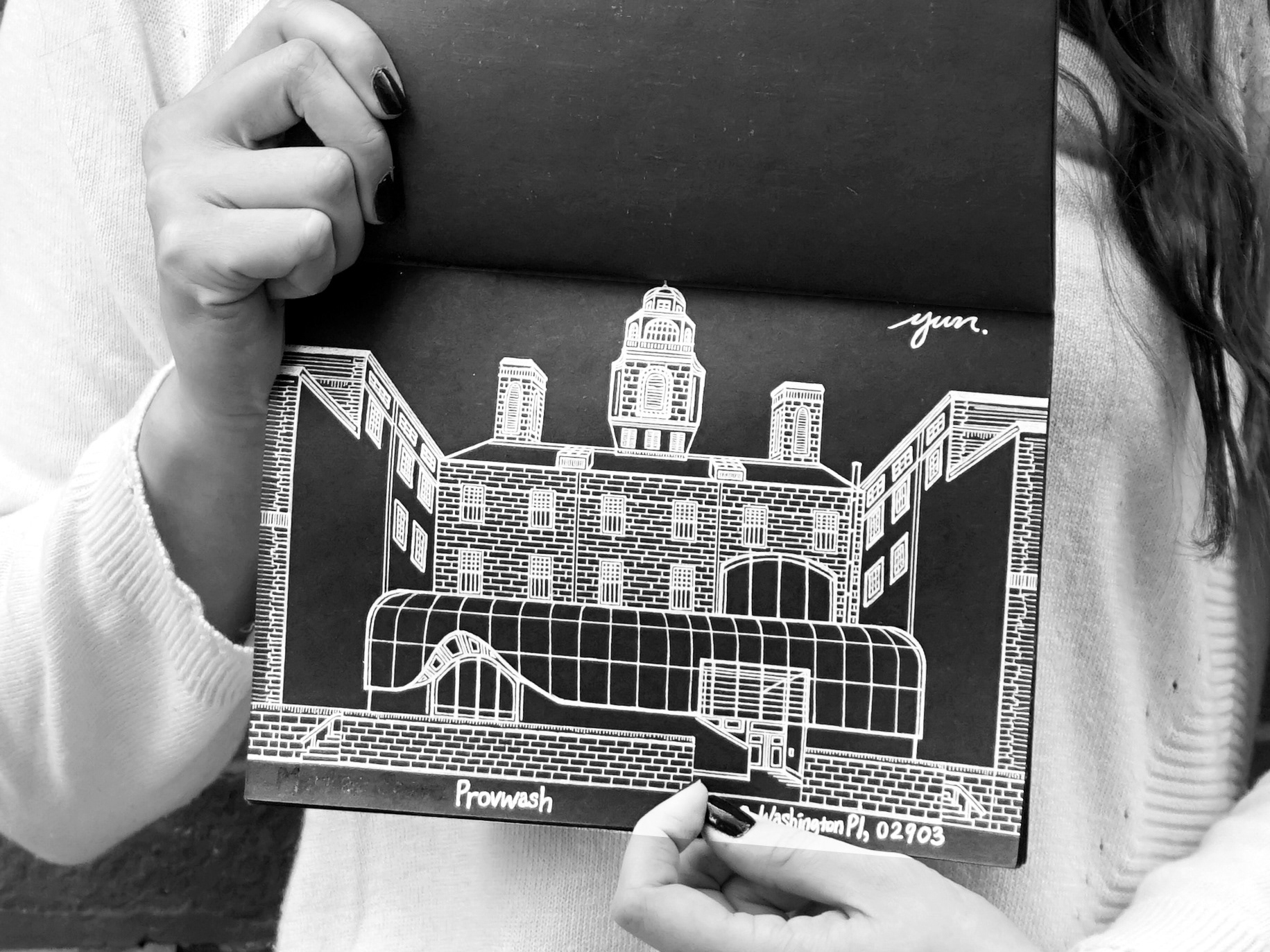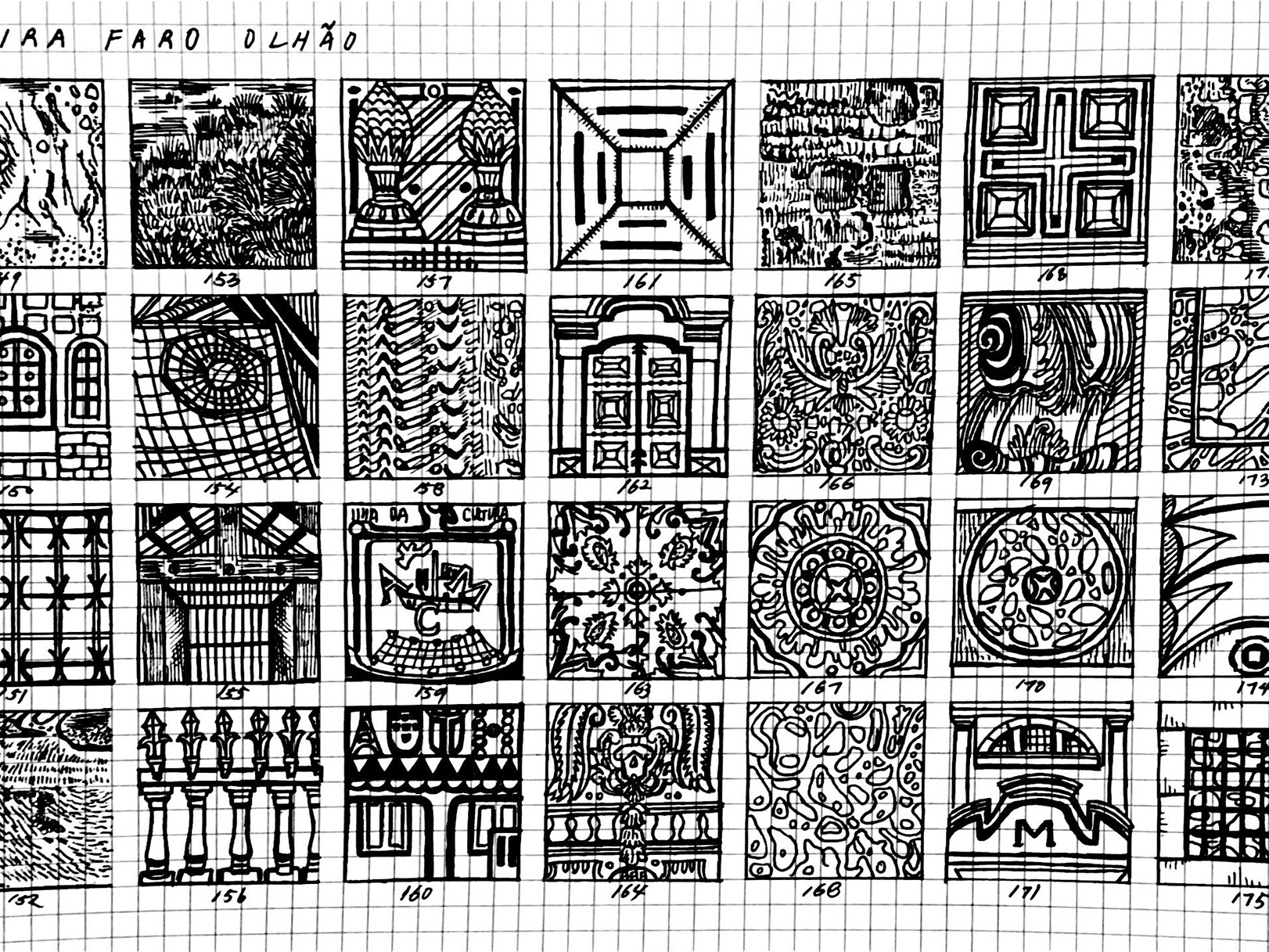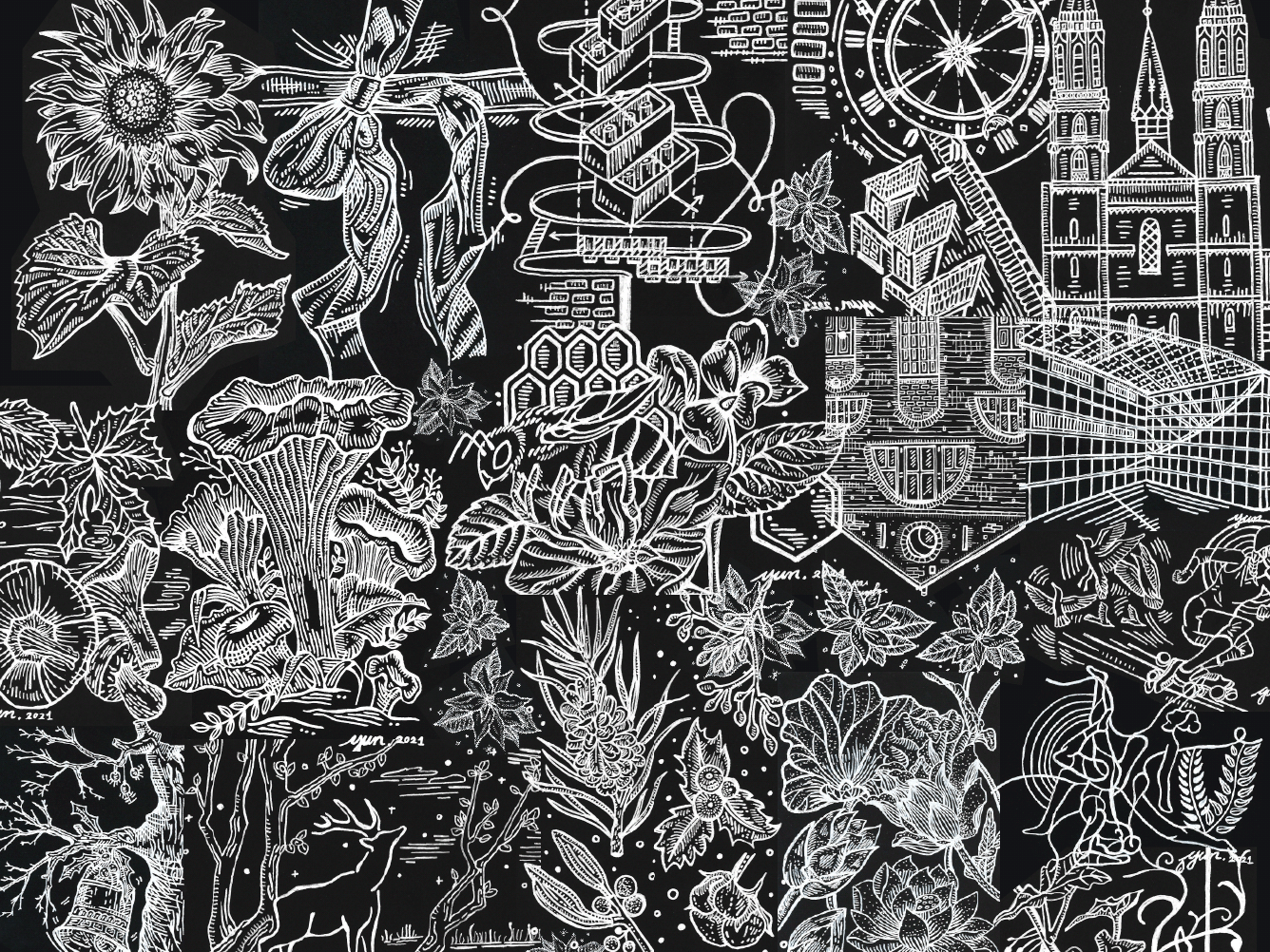WEARABLE IDENTITY
REDEFINING HOMELESSNESS
“The power of place - the power of ordinary urban landscapes to nurture citizens’ public memory, to encompass shared time in the form of shared territory - remains untapped for most working people’s neighborhoods in most American cities, and for most ethnic history (Dolores Hayden from The Power of Place).”
Dolores Hayden’s The Power of Place discusses the ethics of historic preservation. Referencing several sociologists including Herbert Gans, Ada Huxtable, and David Harvey, Hayden emphasizes the importance of providing an inclusive cultural citizenship. She suggests that the construction of public history involves reconnecting various forms of public memories and identities, especially those involving ethnic minorities and women. For Hayden, the key to preserving the urban environment is protecting the social and cultural aspects of its built environment. She, therefore, describes preservation as an inherently political process determined by both visible and invisible boundaries around access to public spaces and territorial exclusions. The content of The Power of Place exemplifies how there is a politics to place construction and that enhancing social meaning of a place is a community effort to preserve cultural and ethnic diversity. Hayden’s perspective remains relevant in today’s Providence community, especially in the homeless population.
Audio:
Poem written and performed by Pam from Rhode Island Coalition for the Homeless combined with interviews conducted in Crossroads Rhode Island.
Visual:
Installation made out of cardboards, blanket, and a pair of shoes
Multimedia installation - sculpture and audio
2017










